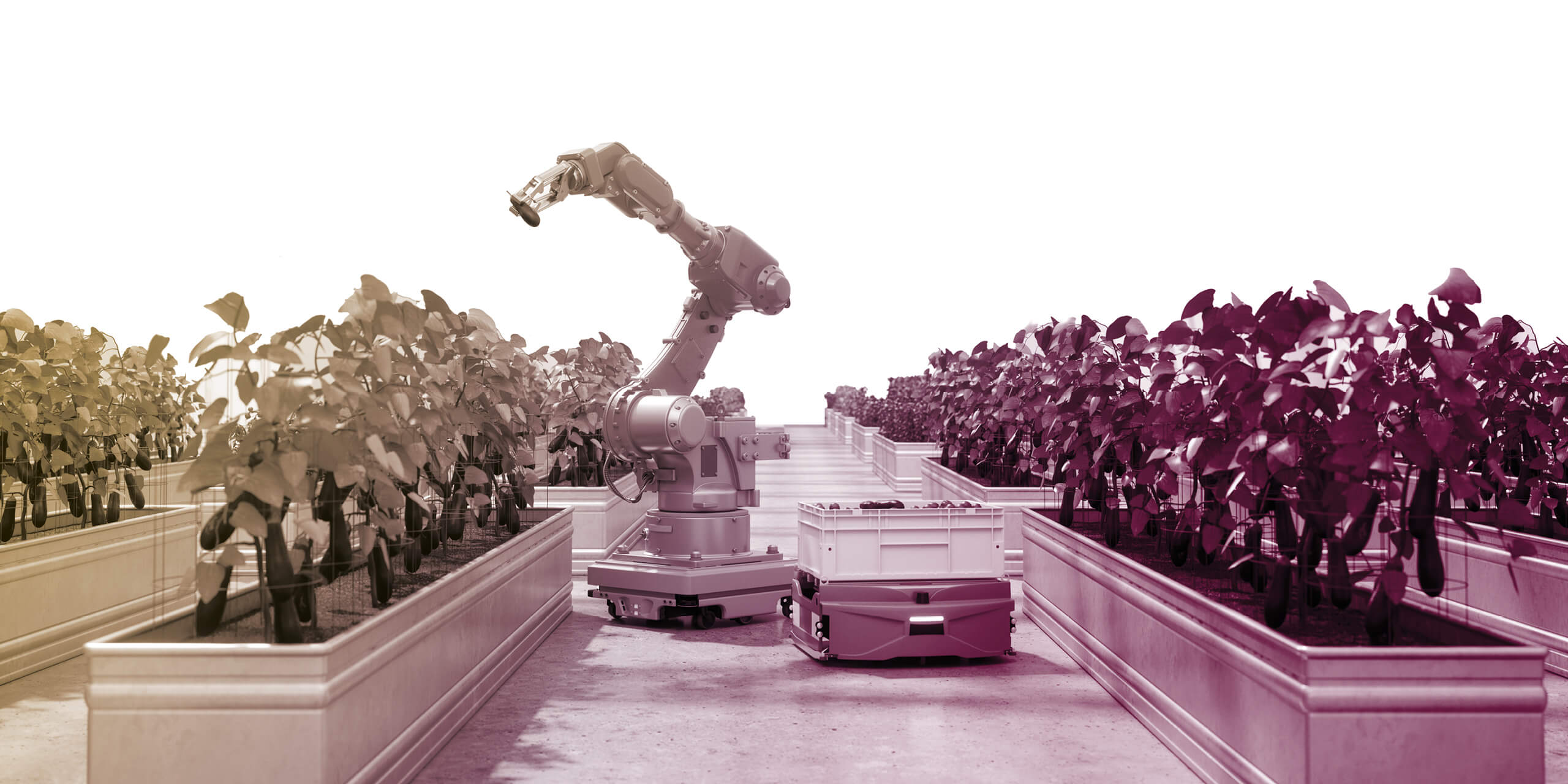
What Happens When the Robots Take Over?
Will automation and artificial intelligence revolutionize society as we know it? Absolutely. But maybe that’s okay – as Strategas Chief Economist Don Rissmiller reminds us, we’ve been here before.
The story of the U.S. economy has always been one of perpetual advancement and reimagination. As our lives evolve through human ingenuity and technology, our economy evolves as well – often in ways that are hard to predict.
Take farming as an example. In the early 1800s, to feed a country of 5.3 million people, roughly 80% of the labor force needed to be involved in agriculture. Since then, the U.S. has grown many, many times over (to over 330 million people!) – yet farms employ only 1% of the workforce today. Why? Because we got better at farming – we have bigger combines, genetically engineered seed and fertilizer, improved distribution networks and better weather forecasts. Even our tractors are equipped with GPS.
But what happened to the old agriculture jobs? As society evolved, the economy evolved with it – in this case, to the service sector. Moving goods around a large, interconnected country requires a large, diverse workforce – in trades, manufacturing, transportation, retail and much more. We still had farmers growing and harvesting crops – but those food products also needed to be shipped and sold in grocery stores, which needed to be constructed, staffed and maintained. We also employed more entertainers – from football players to poets to television executives – who raise our level of enjoyment and make our lives more meaningful.
Importantly, the migration of agriculture jobs into service and the arts is only made possible through a massive investment in education. Today, more than 90% of working-age adults have a high school education, and the country’s 99% literacy rate is among the best in the world. That has contributed to an educated and productive workforce, which in turn has created new jobs and even industries.
Artificial Intelligence and the Workforce of Tomorrow
Much like with agriculture in the 19th century, we see a similar dynamic at play today, particularly in manufacturing. Even though advances in supply chain resiliency and cheaper energy have recently led to a “manufacturing renaissance,” it takes fewer and fewer people to achieve greater and greater levels of production, much like we saw with farming. (In 1990, the U.S. employed 18 million manufacturing workers – 30 years later, that number has dwindled to about 13 million.) And with advances in automation and, more recently, artificial intelligence, those 13 million workers will only become more productive.
And therein lies the concern. While many have been quick to embrace AI to simplify laborious or unrewarding tasks, there has been apprehension as well. What will the country do with those displaced workers in manufacturing? And not just manufacturing: We’re already checking ourselves in for airline flights and checking ourselves out in grocery stores, and AI has already shown great potential to identify patterns and replicate them in such tasks as writing and design. The service industry, which is where workers turned when agriculture became automated, is also downshifting.
The answer lies where it has in the past: By becoming increasingly productive as a society, we were able to create entirely new industries and professions (like software engineer or social media influencer) and pursue more luxury-oriented lifestyles and careers. How might we achieve increased productivity today? There are still gains to be made in education, be it by improving on the workforce’s bachelor’s degree completion rate (currently stuck at around 38%) or adopting more of an apprenticeship model in technical careers. Innovations in medicine will lead to a workforce that’s living longer and healthier. Improvements like these alongside developments in artificial intelligence can pave the way for a more productive workforce – and with it a more productive society.
The information offered is provided to you for informational purposes only. Robert W. Baird & Co. Incorporated is not a legal or tax services provider and you are strongly encouraged to seek the advice of the appropriate professional advisors before taking any action. The information reflected on this page are Baird expert opinions today and are subject to change. The information provided here has not taken into consideration the investment goals or needs of any specific investor and investors should not make any investment decisions based solely on this information. Past performance is not a guarantee of future results. All investments have some level of risk, and investors have different time horizons, goals and risk tolerances, so speak to your Baird Financial Advisor before taking action.



